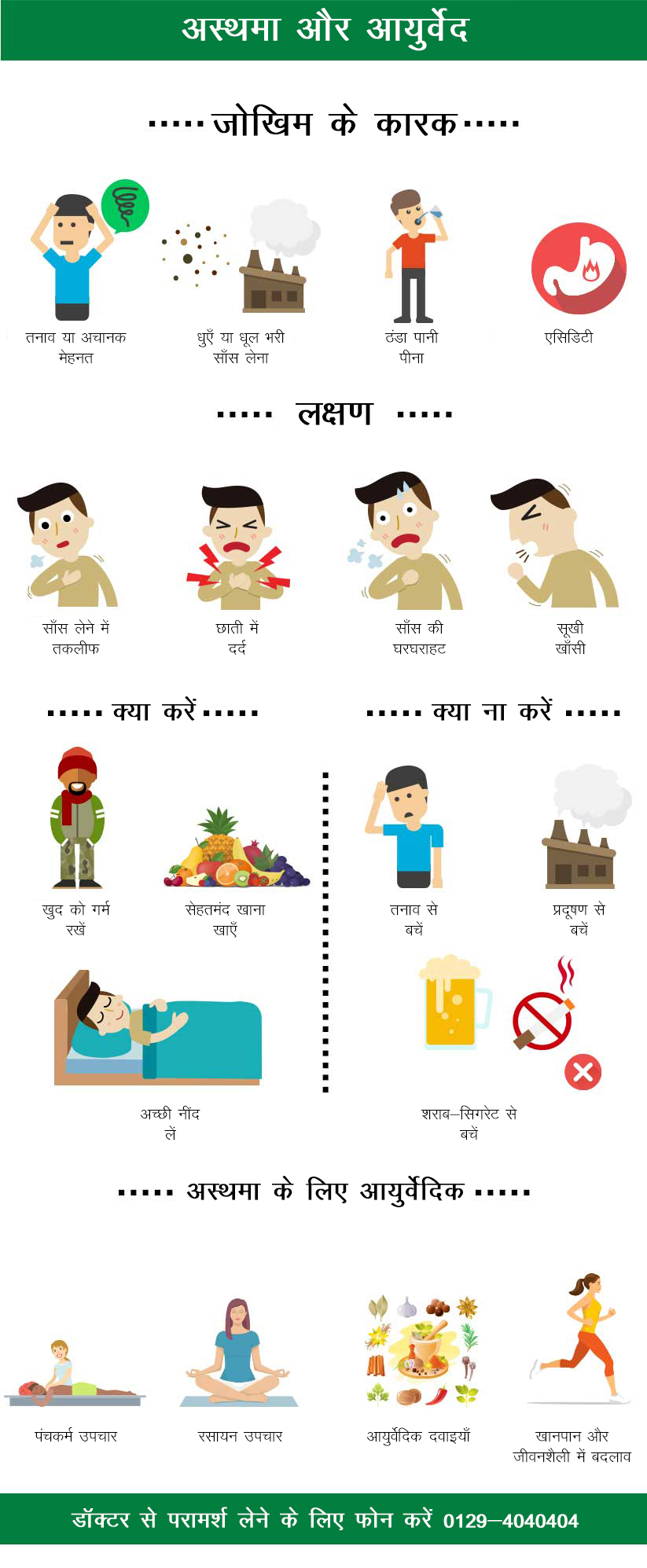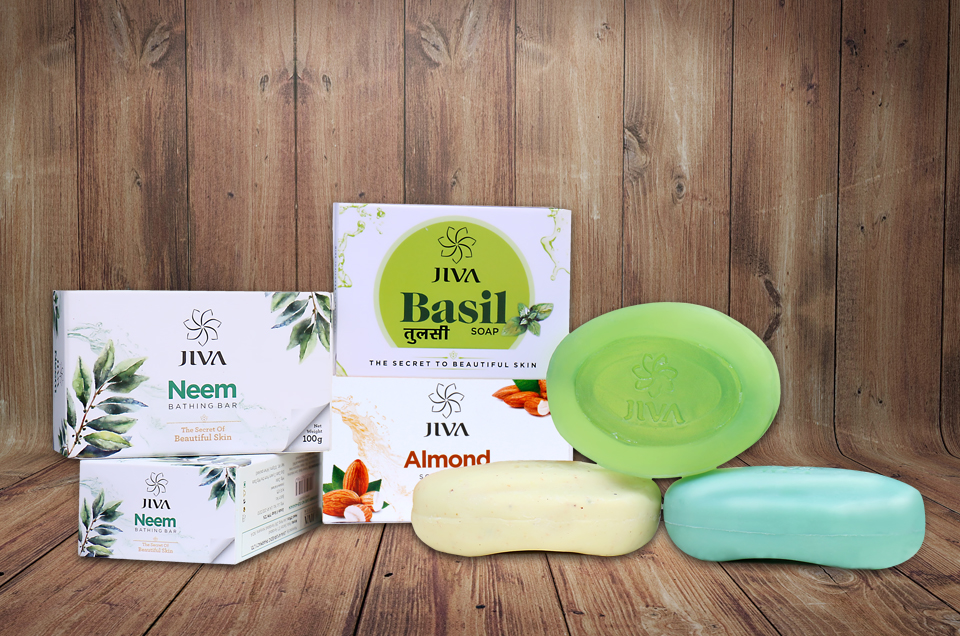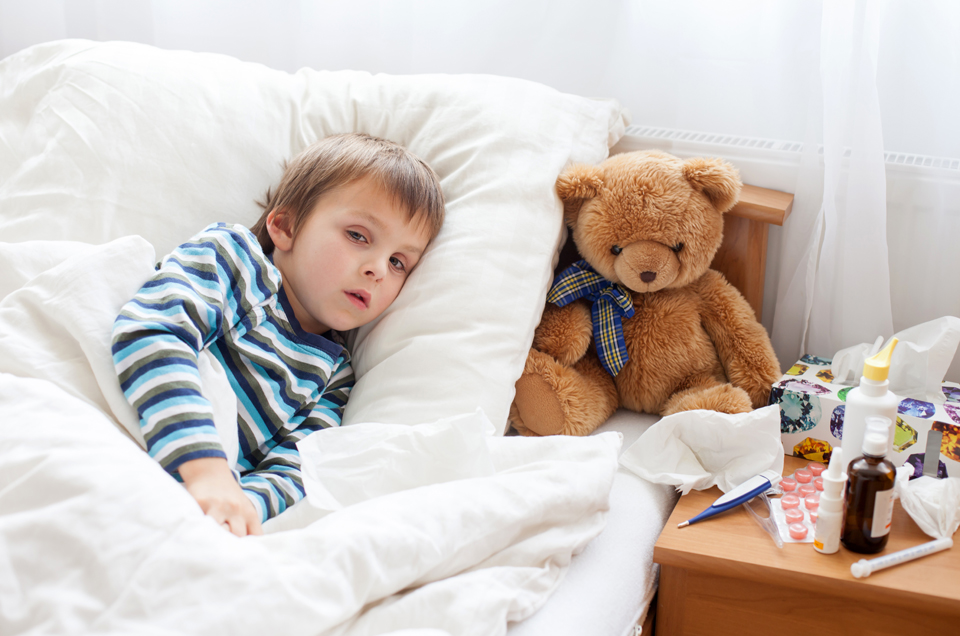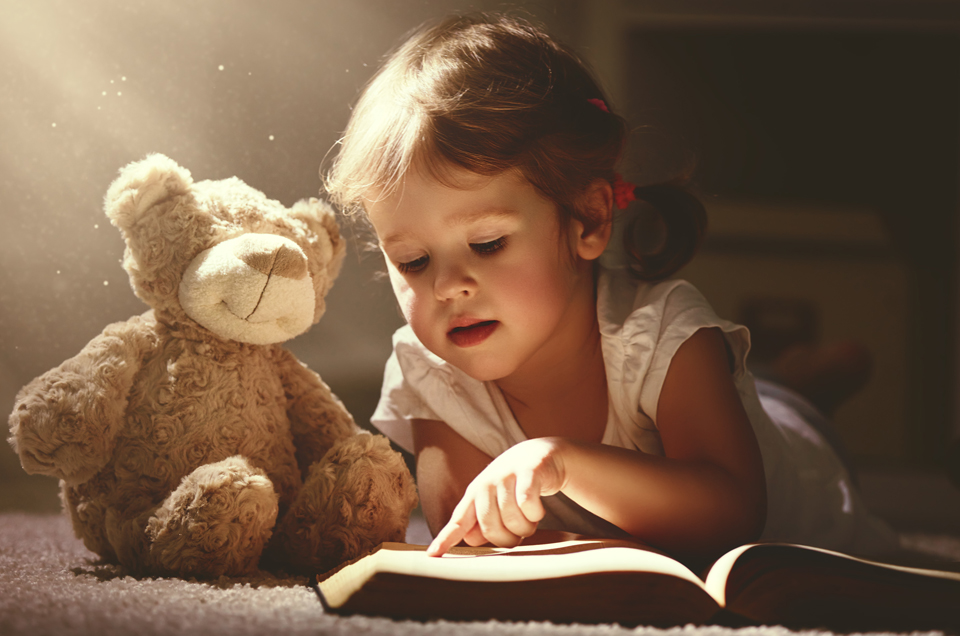But what about children themselves? Do they have the skills to objectively review their own performance and take corrective steps if needed? Can they explicitly judge their growth and decide whether they’re satisfied or dissatisfied with it?
Why is self-assessment in children important?
Teaching children how to assess themselves has many benefits
-
It gives them a better understanding of what they need to improve
-
It teaches them how to view their actions objectively
-
It makes them more open to advice and suggestions
-
They can review their habits and methods and change them when necessary
How do I teach my kids self-assessment?
-
Have them review their own progress against the goals they’ve set.
-
Keep the rating system simple, like a 5-point scale. 1 being the lowest and 5 being the highest.
-
Review simple tasks – like how well they kept their room clean, how frequently they’ve helped with chores, and how often they’ve eaten vegetables without a fuss
-
Keep this review a regular, consistent, and an informal affair.
-
Ask them to rate you too and give you suggestions on how you can make some improvements.
Children who self-assess are motivated to learn and can handle challenges in a flexible and reflective manner. It also convinces them that they’re able to improve their performance through their own efforts. This enables them to control their own learning and they become active agents in their own development.
































